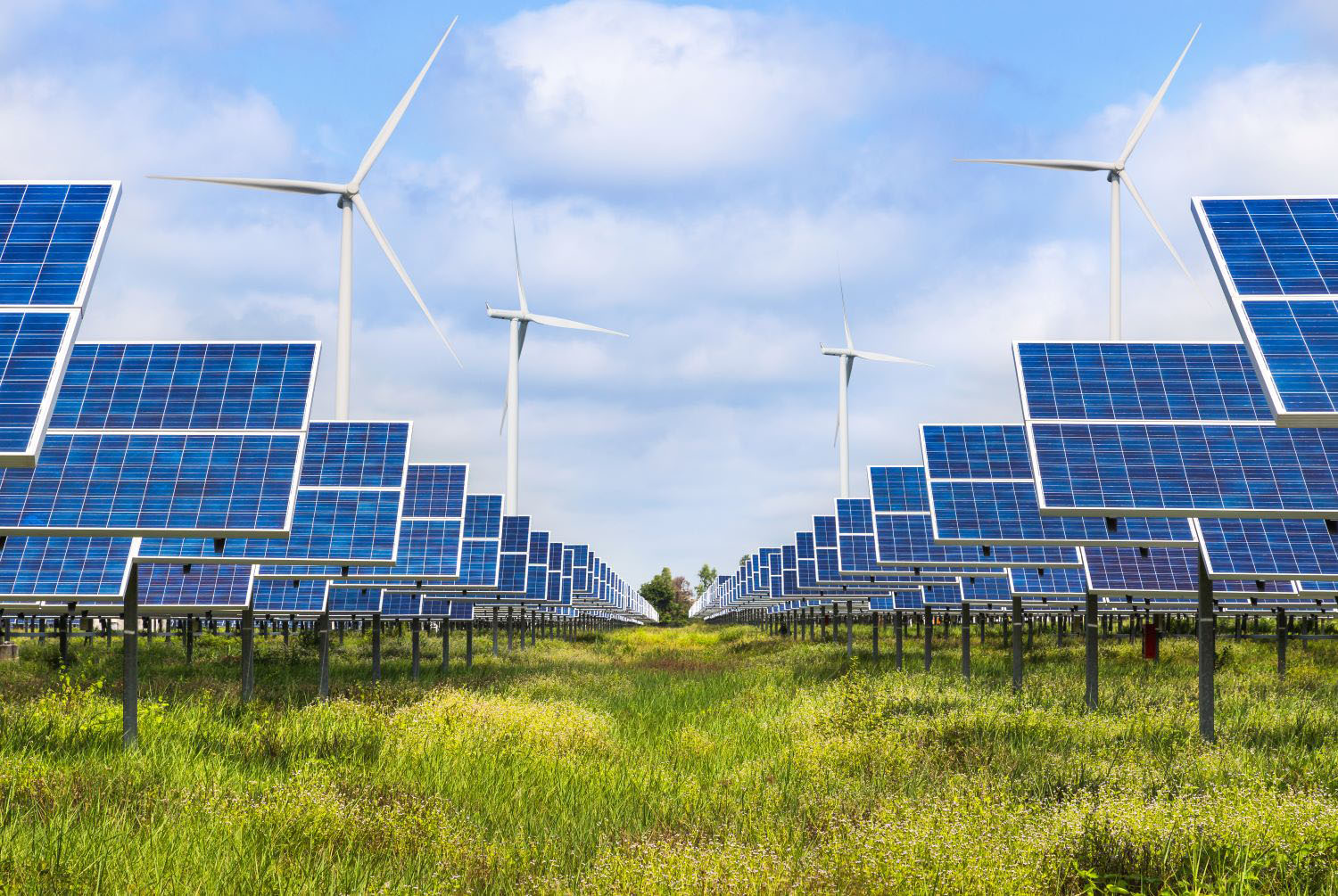Climate change politics are strange. Innovation, even when it’s about easy new money, is hard. That’s the lesson I extract from what happened on March 4th in the IMF boardroom.At that meeting, members of the IMF’s board discussed informally an excellent staff paper, released to the public last week, on how initial financing for the kind of Green Fund the Mexicans have proposed could be jump started—a Soros/Strauss-Kahn idea I blogged about in February. The authors of the staff paper set out in useful detail how as much as $40 billion per year could be made available – even this year – to help developing countries deal with climate change. As the paper explains, rich countries could capitalize a green fund using some of their IMF special drawing rights, or SDRs. (Rich countries got a new $176 billion worth of SDRs last year as a liquidity injection during the financial crisis – of the $250 billion issued in all.) The capital would allow the green fund to raise as much as $40 billion annually by issuing low-cost green bonds in global capital markets.Lesley Wroughton of Reuters reported that, at that March 4 meeting, IMF board members from France and the United Kingdom supported the proposal in principle. What about the United States? What about ever-green Germany?Other board members apparently worried that climate change is about “development” and is not a worthy subject for central bankers concerned with protecting the integrity of the international reserve asset. I’m happy to hear that climate risks are now seen as development risks at the IMF. But the reality is that climate risks also create macroeconomic risks for some countries. Managing Director Strauss-Kahn has described climate change as “the shock to end all shocks.”Luckily, the objection of central bankers—that the reserve asset not be used for “development” purposes—does not put a stop to the proposal. There is no reason the idea requires any IMF institutional blessing. On this point, the Reuters headlines were misleading. What it requires is leadership from one or more developed countries to get the ball rolling.Two points hardly bear discussion. First, it should be obvious that the IMF would have nothing to do with managing any Green Fund. Neither Strauss-Kahn nor the staff ever imagined such a thing. They are just being smart about a good way to raise money, given the fiscal straits in which the rich countries find themselves. I have proposed elsewhere that a new Green Fund should be an independent operation, with at least 50 percent of the votes in the hands of developing countries – and that the Fund headquarters would ideally be located in Beijing, Delhi, Jakarta, Mexico City, Sao Paulo or some such major southern city.Second, it is not too early for the United States and other developed countries to get serious about the how and what of any Green Fund, and, if they have not already, to open informal discussions with China and the other advanced developing country major emitters (the BASIC group: Brazil, South Africa, India, China, and I would add Korea, Mexico and Indonesia). What existing or new institution would in fact manage the money? For whom? What should developing country emitters contribute? (A Green Fund would be a good way for the Chinese to intermediate some of their reserves—and their and the oil economies’ sovereign wealth funds could buy some of the proposed Green Bonds).I hope Soros and Strauss-Kahn find a way to keep the SDR idea—in a sense a global asset—on the agenda, perhaps when the heads of state meet for the G-8/G-20 summit in June in Canada, or at the G-20 in Seoul in November, or surely by the time of the Cancun, Mexico climate event in Mexico. After all, the world already has enough problems that are hard to solve. We shouldn’t leave easy money sitting on the table.
CGD blog posts reflect the views of the authors, drawing on prior research and experience in their areas of expertise.
CGD is a nonpartisan, independent organization and does not take institutional positions.





